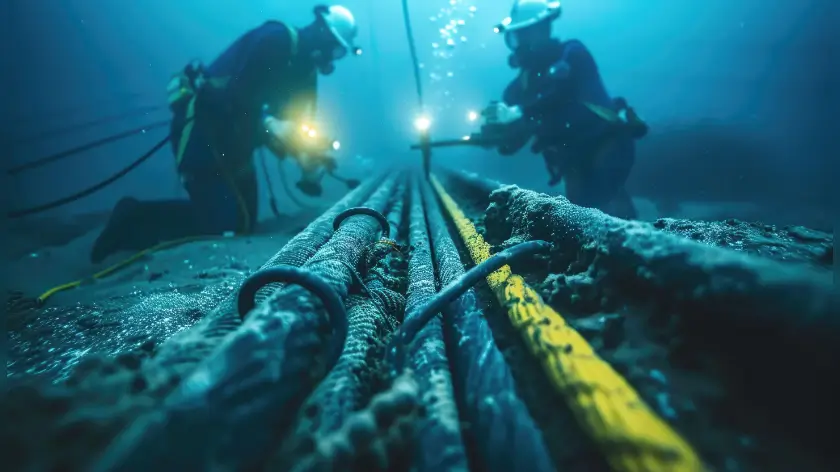NATO announced plans to strengthen its military presence in the Baltic Sea following accusations of Russian sabotage of critical infrastructure. Estonia responded to the Baltic Sea cable sabotage by deploying a patrol vessel, Raju, to safeguard its remaining Estlink 1 underwater power cable.
Finnish authorities suspect the Eagle S, an oil tanker from Russia’s “shadow fleet,” of damaging Estonia’s Estlink 2 cable. The Finnish coast guard boarded the ship, missing an anchor, and escorted it into Finnish waters for further investigation. The European Union condemned the incident as the latest in a string of attacks on critical infrastructure.
Estonian Defence Minister Hanno Pevkur confirmed the Raju’s deployment on Friday. The Raju aims to protect Estonia’s vital power connection with Finland. “To ensure that nothing happens there and that our critical connection with Finland remains operational,” Pevkur stated. Estonia and Finland, both NATO members, are collaborating on measures to secure their cables.
Estonian Prime Minister Kristen Michal warned the nation of the increased threats and said Article 4 of the NATO Treaty might be invoked. “Our wish would be to receive reinforcements from Nato in the form of a fleet to act as a deterrent,” Michal stated.
The damage to Estonia’s 170-kilometer Estlink 2 cable has significantly reduced the country’s power supply. Finnish utility Fingrid estimates repairs will take until July 2025. This marks the third Baltic Sea infrastructure attack in just over a month. Recent incidents include damaged data cables and an undersea gas pipeline between Finland and Estonia.
Authorities suspect the Chinese vessel Yi Peng 3 and the Russian-linked Eagle S of participating in a network avoiding sanctions. According to EU officials, these “shadow fleet” tankers threaten regional security and environmental stability, who plan sanctions targeting such vessels.
Despite heightened threats, Estonian power companies have activated reserve systems to ensure stable power. According to the deputy head of the Finnish Border Guard, Markku Hassinen, securing the entire seabed is impossible, urging increased vigilance. As NATO expands its presence, Estonia and Finland intensify efforts to protect critical infrastructure from ongoing Baltic Sea cable sabotage attempts.










